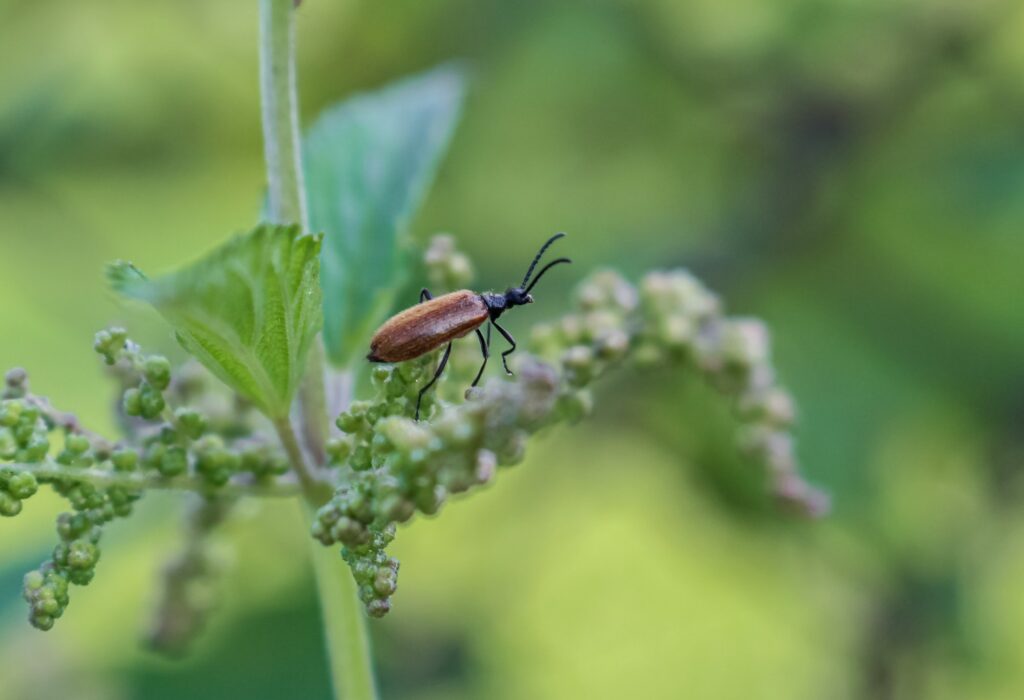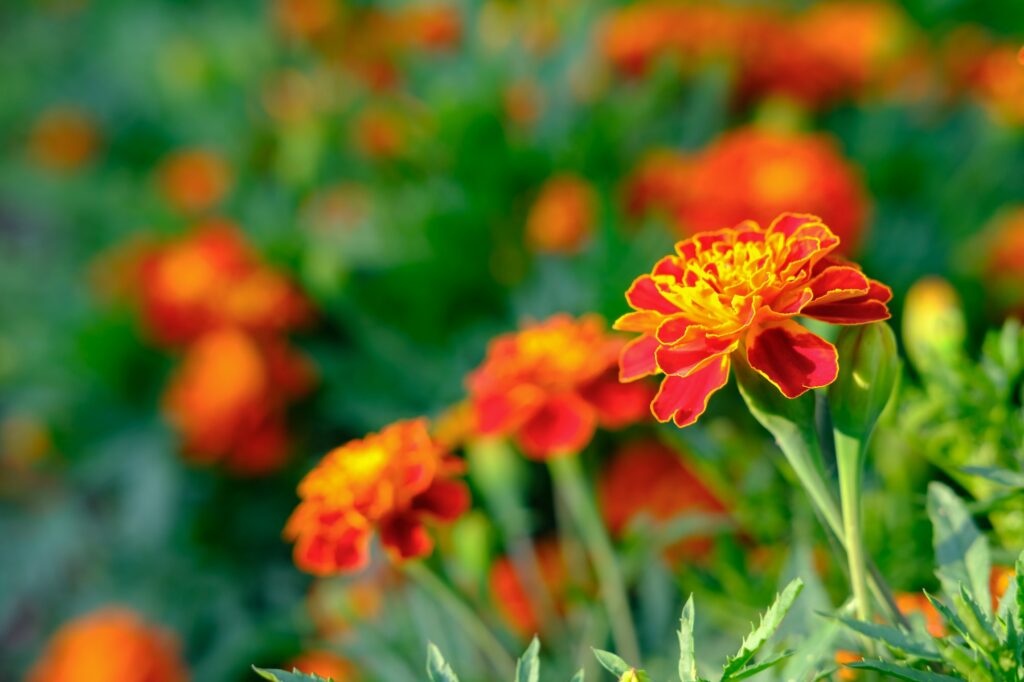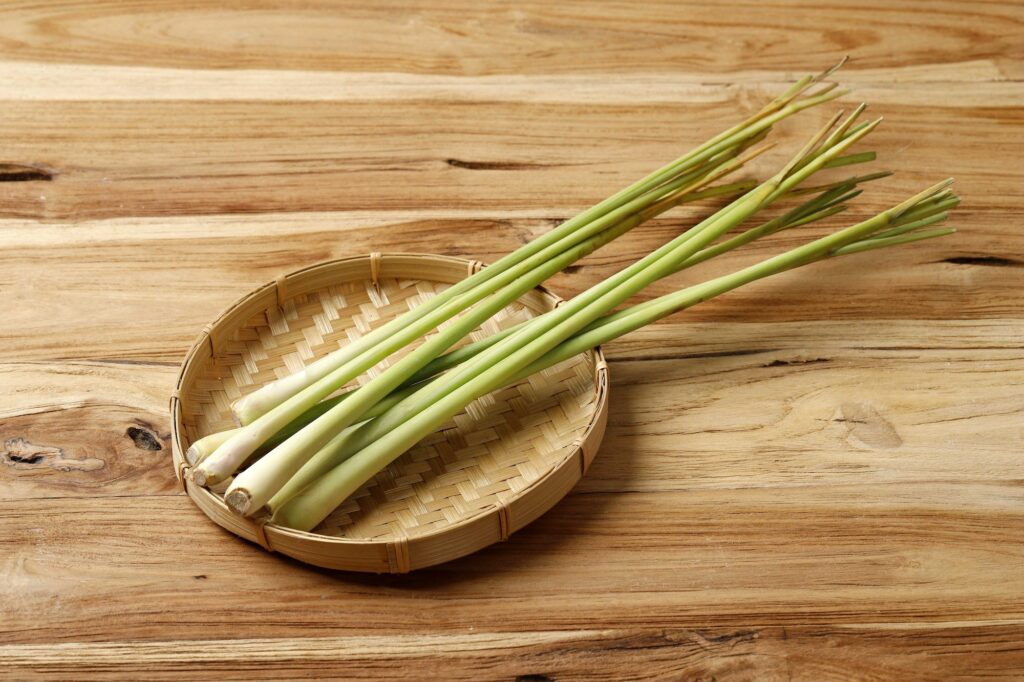
Keeping bugs away is important whether you’re trying to prevent them from biting you or ruining your plants. Many plants can be used as natural insect repellents. Some plants have a strong scent that deters pests, while others effectively reflect sunlight or emit negative ions to scare away insects.
When choosing a plant to keep bugs away, ensure it has a strong scent and can be situated where bugs usually gather.
Here Are Some Natural Insect-Repellant Plants To Grow In Your Garden!
Chrysanthemums
Chrysanthemums are popular for gardens because they attract pollinators like bees and butterflies. They have long stems and large, showy flowers. The flowers are bright and cheerful, making them perfect for attracting bugs away from other plants.
Chrysanthemums are one of the best plants to keep bugs away. They are one of the few plants with repellent and repellant properties. They emit a strong odour that is unpleasant to most insects and contains a natural insecticide.
Petunias
Petunias, a flowering plant native to Europe and the Middle East, is a natural insect repellant. The oil secreted from the petunia’s flowers repels insects and some mammals, such as deer and rabbits. Additionally, the scent of petunias may cause other plants in a garden to become less appetising to pests.
Marigolds

Marigolds are a flower that many people might not think of as an insect-repellant plant, but they have natural bug-repelling properties. The petals of the marigold contain a chemical called safrole, which makes bugs avoid it and also causes them to become nauseous. In fact, according to some studies, marigolds can repel up to 97% of insects! So if you’re looking for a natural way to keep bugs away, try planting some marigolds in your garden!
Mint
Mint is a herbaceous perennial indoor plant that grows 2-6 feet tall. It has broad leaves and produces a minty aroma when crushed. Mints are native to Europe and Asia Minor and have been used as insect repellants for centuries. Mint compounds can repel mosquitoes, flies, gnats, and other flying insects.
Thyme
Thyme is a tough indoor plant that can withstand a lot. It has been used as a natural insect repellant since ancient times. Thyme contains thymol, which is an insecticide and repellent. It also has other essential oils that can repel bugs. A couple of sprigs of thyme placed in your garden or on your porch will help keep away pesky insects.
Basil
Basil is a common herb that can be used as a natural insect repellant. Basil contains compounds called eucalyptol and menthol, known to be effective insecticides. The essential oil of basil contains thymol, an insecticide and anti-fungal. The smell of basil can repel insects because it smells like garlic. Basil leaves can be crushed and applied to the skin to ward off bugs.
Lavender
Lavender is popular with people looking to avoid bugs because of its natural insect-repellant properties. Lavender oil has been a natural insect repellent since the Middle Ages. Researchers have found lavender oil can repel mosquitoes, ticks, and other biting insects. The scent of lavender may also deter other pests, such as spiders and rodents.
Lemongrass

Lemongrass is a herbaceous perennial that is native to Southeast Asia. The plant contains a compound called eucalyptol, an effective insect repellant. Eucalyptol can repel mosquitoes, ticks, and other biting insects when applied to the skin.
Lemongrass is a natural insect-repellant plant that can keep bugs away. It has a strong smell that deters pests from attacking. The oil in lemongrass also repels mosquitoes and other biting insects. Use fresh lemongrass or extract the oil from dried lemongrass for the best results.
Alliums
Alliums are a popular choice for those looking for an organic insect-repellant plant. These plants contain various compounds that can deter pests. Alliums are also easy to grow and care for, making them a great option for gardeners on a tight budget.
Some of the most common alliums include garlic, onions, and leeks. Garlic has been used as a natural insect repellent since ancient times and is thought to work by blocking nerve impulses that pests use to control their behaviour. Both of these plants are easy to grow, so they make excellent choices if you want an organic insect-repellant plant that you can easily maintain.
Mosquito Plant
The mosquito plant is a common houseplant that can help keep bugs away. The leaves of the mosquito plant have a strong scent that repels mosquitoes and other insects. Mosquito Plant is a natural insect-repellant plant.
It has a potent scent that deters bugs from coming near. The leaves and flowers of the mosquito plant can be used to make a natural mosquito repellant. Mosquito plants are easy to grow and make excellent indoor or outdoor decorations.
Conclusion
Many plants can be used to keep bugs away. These plants listed above have strong scents that can deter pests. Additionally, many of these plants are attractive to pests, which makes them less likely to invade your home. When choosing a plant to keep bugs away, ensure it has a strong scent and can be situated where bugs don’t usually gather.
Was this article helpful? Let us know in the comments.
FAQs
What plant do bugs hate?
Chrysanthemums. This plant may work best to keep bugs away. Having some of these around will deter ants, Japanese beetles, roaches, bed bugs, spider mites, silverfish, and ticks. Because of its effectiveness, some bug repellents contain a component from this flower.
How do I keep bugs out of my pots?
There are a few simple things you can do to keep pesky critters at bay:
- Keep your plants well watered; often, neglecting to water plants can lead to spider mites and other pests.
- Clean up any spilt fertiliser or water regularly; this will help remove food sources for pests.
- Remove any flowers or leaves that may provide insect shelter; these areas should be cleaned regularly with a mild soap solution.
- Install barriers around the base of your plants (such as cinder blocks) to discourage pests from climbing up.
How do you keep bugs from eating your leaves?
Creepy crawlies will scurry away if you cover the targeted plants with broken eggshells. Create A Stink. Several fragrant plants, including yarrow, citronella, mint, fennel, catnip, basil, and lemongrass, can ward off garden pests like aphids and potato bugs naturally.


